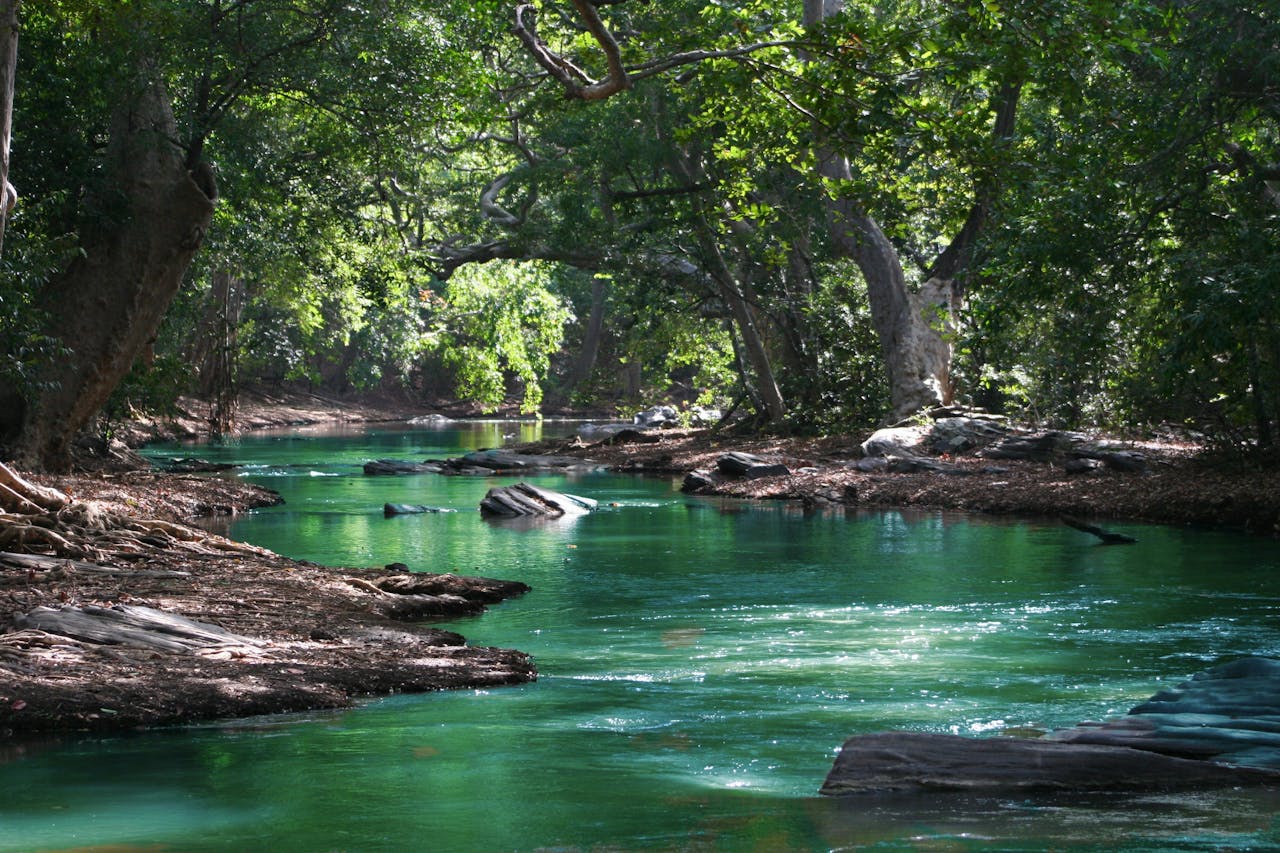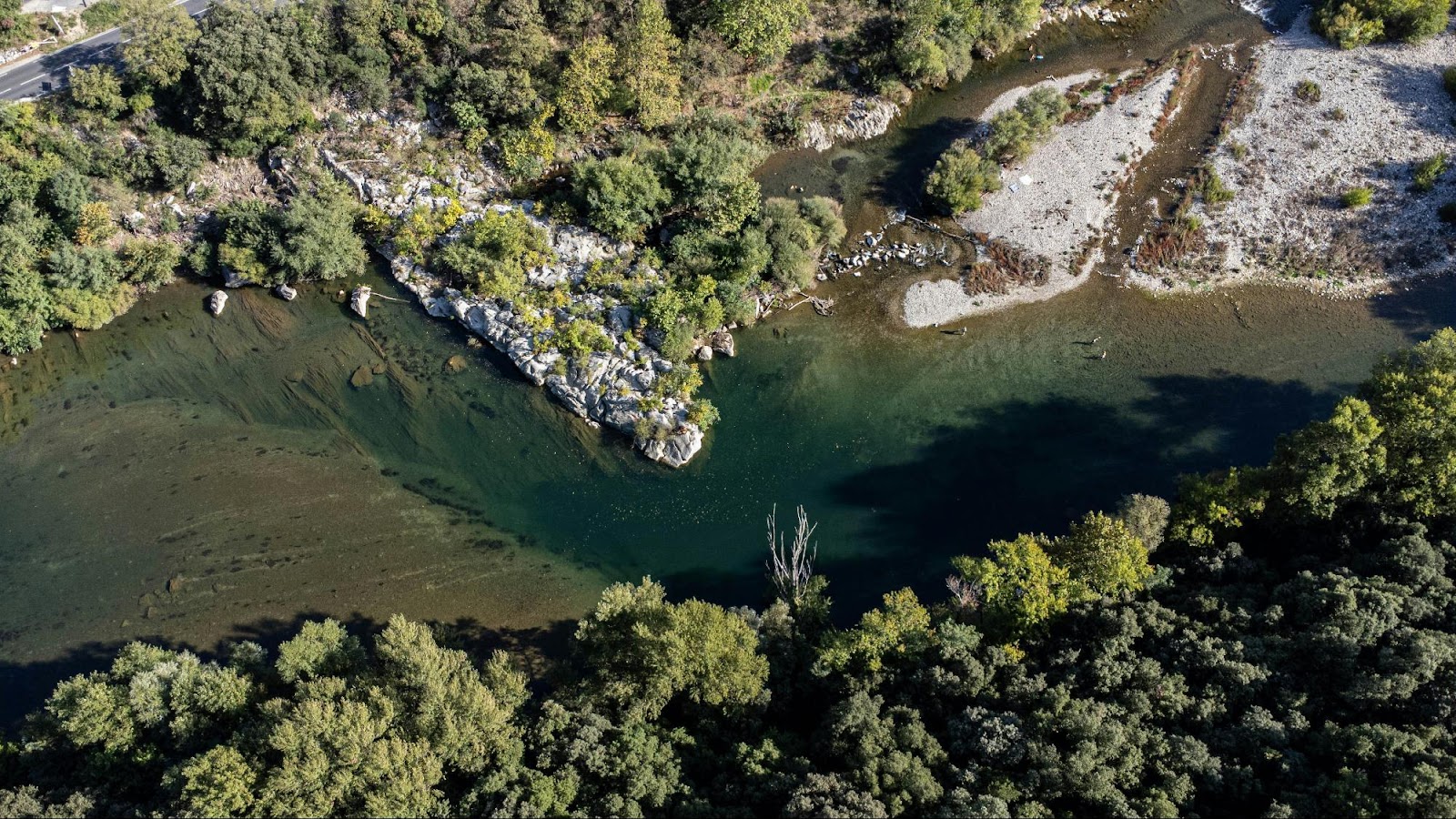Comments
- No comments found

When the early morning mist hovers over the river, and the sun's first rays touch the water, anglers worldwide gear up for a day of what many perceive merely as a leisure activity.
Unbeknownst to many, these enthusiasts hold an instrumental role in the conservation of river ecosystems. This article dives into the pivotal yet often understated contributions of anglers to environmental stewardship and river health.

Anglers, with their intimate relationship with rivers and their inhabitants, emerge as frontline guardians of aquatic ecosystems. Their regular interactions with the waterways equip them with unique insights into the environmental health and challenges these habitats face. From detecting subtle changes in water quality to observing shifts in fish populations, their observations often serve as early warning signals for emerging ecological issues.
The economic implications of angling are significant, driving home the importance of sustainable practices within the community. By advocating for and implementing conservation measures, anglers help ensure the long-term viability of fishing as a recreational activity, which in turn supports local economies reliant on tourism and outdoor recreation. This economic dimension underscores the value of conservation-oriented angling, both ecologically and economically.
For those passionate about ensuring the sustainability of river ecosystems while partaking in angling, seeking guidance from experienced sources can significantly enhance the fishing experience while contributing to conservation efforts. Engaging a trusted Columbia River fishing guide can provide valuable insights into sustainable fishing practices, ensuring that your passion for fishing aligns with the conservation of these precious ecosystems.
One of the most promising avenues for amplifying the impact of conservation endeavors is through engaging younger generations. Anglers, by sharing their passion and knowledge with youth, foster a deep appreciation for the natural world and the importance of preserving it. Educational programs and youth fishing events serve as platforms for inspiring future generations to take up the mantle of conservation, ensuring that the stewardship of river ecosystems continues into the future.
Passionate about maintaining the pristine nature of their fishing grounds, anglers are often vocal advocates for pollution control and clean water initiatives. Their efforts span from organizing river cleanup campaigns to lobbying for policies that protect water bodies from industrial and agricultural pollutants. Through these actions, they play a crucial role in ensuring the health and vitality of river ecosystems, benefiting not just the species that call these waters home, but also the communities that rely on them.
A practice that illustrates the conservation-minded spirit of the angling community is 'catch and release.' Designed to minimize the impact of fishing on fish populations, this technique involves carefully handling and returning caught fish to the water. By adhering to this practice, anglers contribute to the preservation of biodiversity and the maintenance of stable fish populations, ensuring the sustainability of fisheries for future generations.
As global climate patterns shift, river ecosystems face unprecedented challenges. Rising temperatures, altered flow regimes, and increased frequency of extreme weather events threaten the very fabric of these aquatic habitats. Anglers, positioned at the forefront of observing these changes, are vital contributors to understanding and mitigating the impacts of climate change on rivers. Through adaptive management practices and advocating for climate-resilient conservation strategies, they help safeguard these critical ecosystems against the looming threats posed by a changing climate.
In several instances, anglers have taken the lead in river habitat restoration projects. These efforts often involve the removal of invasive species, the restoration of native vegetation, and the construction of structures that enhance habitat complexity and support fish populations. Through these endeavors, anglers can demonstrate their commitment to ecosystem health and enhance the overall resilience of river ecosystems to environmental challenges.
The advent of technology offers new tools and methods for conservation efforts, and the angling community is quick to adopt these innovations. From using apps to report environmental violations to engaging in social media campaigns to raise awareness, technology amplifies their voice and extends their reach. Furthermore, technological advancements in gear and practices continue to reduce the ecological footprint of angling, highlighting how traditional pastimes can evolve in harmony with environmental stewardship objectives.
Anglers' detailed knowledge of local waters has proven invaluable to scientific research and environmental monitoring efforts. By collaborating with environmental scientists, they contribute to a deeper understanding of ecosystem dynamics and the impacts of human activities on aquatic environments. Through initiatives like citizen science programs, their firsthand observations support the collection of data critical for the conservation of river systems.
The tranquility of fishing might veil the dynamic role anglers play in the conservation of river ecosystems. Far from being mere spectators, they are active participants in stewarding the health of our waterways. Their contributions, ranging from advocating for clean water to participating in habitat restoration, underline the profound connection between human activities and environmental health. As guardians of the rivers, their role is indispensable in ensuring that these vital ecosystems continue to flourish for generations to come.
Leave your comments
Post comment as a guest